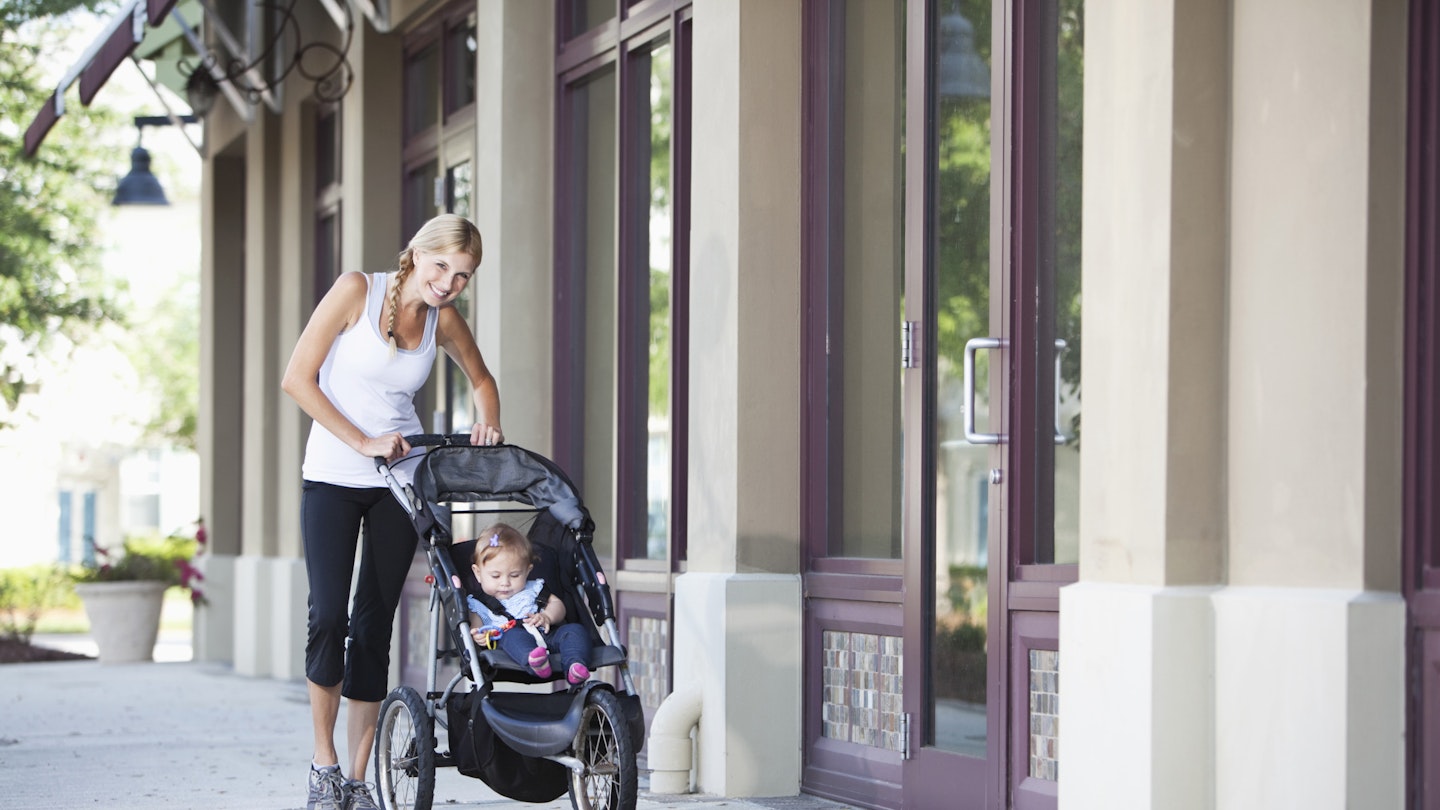The more active you are, the more physically active your child will be, suggests a UK study
Squeezing in exercise round all your other jobs as a mum can often be tricky, but if you’re active now, it could increase the chance that your child will also be active as she gets older.
Researchers from Cambridge and Southampton universities used heart-rate monitors to measure activity levels over seven days of over 500 mums and their four-year-olds.
They discovered a direct link between your activity levels and how much your toddler ran around, which led the study authors to suggest that there needs to be more policies to improve children’s health which are aimed directly at mums.
‘The more activity a mother did, the more active her child,’ says Kathryn Hesketh, who co-led the study. ‘Although it’s not possible to tell from this study whether active children were making their mothers run around after them, it is likely that activity in one of the pair influences activity in the other.’
The research concluded that for every minute of moderate-to-vigorous activity a mother engaged in, her child was more likely to engage in 10% more of the same level of activity.
Of course, finding time to fit in workouts when you’ve got a little one is tricky, and many mums lose their fitness mojo. But even a brisk walk while pushing your toddler in her buggy or leaping around on the trampoline while she watches will get the message across to her that exercise is great fun.
What types of exercise do you find easy to fit in as a mum? Let us know in the comment box below.
